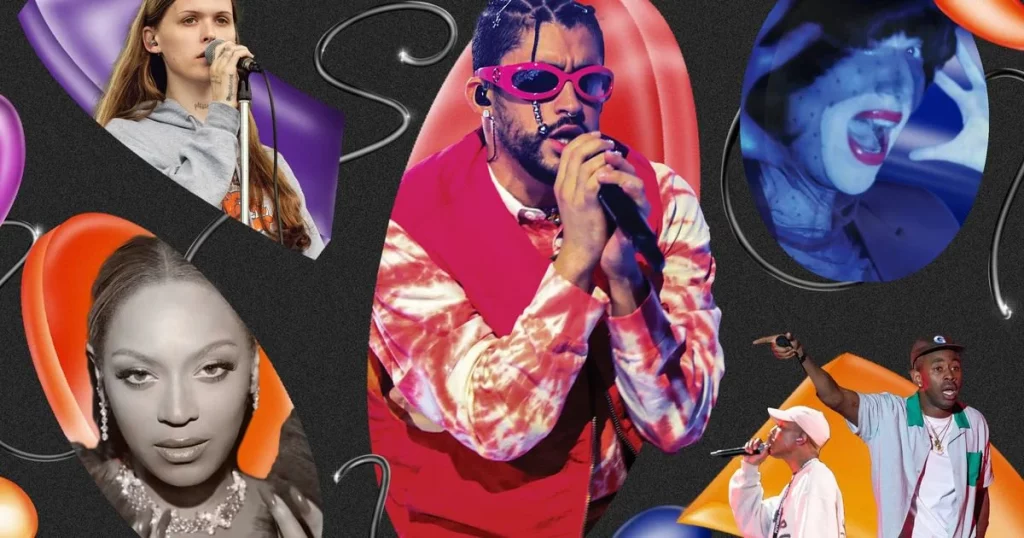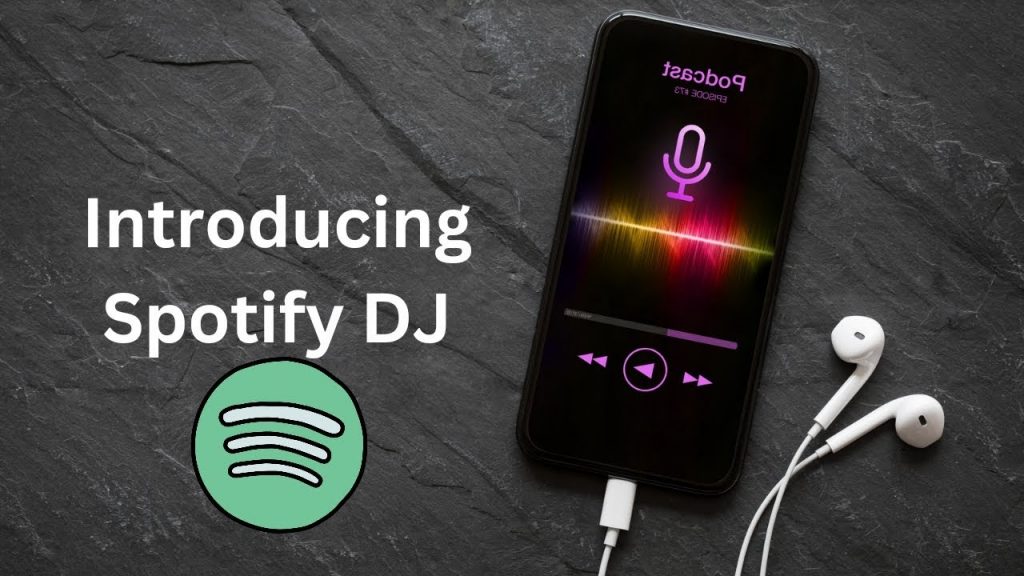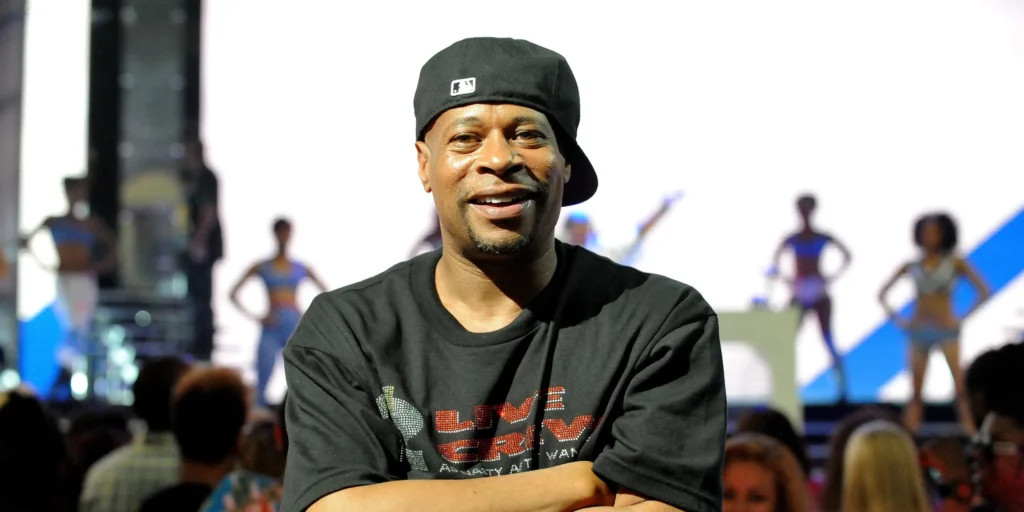Raye, a 25-year-old English singer, had been enjoying chart success in her home country for a while but was looking for her first U.S. hit last fall. The loping hip-hop soul single “Escapism” initially failed to woo her. Luminate reports that after the first week, listenership of the song began to decline. From a low of 185,000 streams one week to a high of 500,000 streams the next to over 6 million streams two weeks later, its trajectory took a dramatic turn in the middle of November. The Billboard Hot 100 chart position of “Escapismall-time “‘s high was at No. 22.
What happened?
A user-created sped-up remix of “Escapism” has become increasingly popular, inspiring other TikTok users to use it in their own videos and increasing the song’s stream count. Human Re Sources, Raye’s record label, released an official remix of the song with a faster tempo, and it has since amassed over 114 million streams on Spotify.


“I wish that I could sit here and say, ‘We were in our marketing meeting, and we decided that we were going to do a sped-up version of this particular spot in the song, and that is going to ignite all the rest of it,’ ” says J. Erving, a veteran music manager, founder of the artist services and distribution company Human Re Sources, and executive VP of creative development at Sony Music Entertainment. “The kids are taking over the songs and deciding which parts of the record are popular and which versions are popular,” says one observer.
These “sticky” versions, which are usually just a sped-up or slowed-down version or a mash-up of two tracks, can generate a lot of views. “These remixes can really create careers and reignite careers,” says Nima Nasseri, VP of A&R strategy at Universal Music Group. You can attribute a lot of development to those mechanisms. Remixes of popular songs are often released as official releases by record labels because of their widespread popularity on social media and short-form video websites.
The Weeknd’s “Die for You,” Lady Gaga’s “Bloody Mary,” and Mariah Carey’s “It’s a Wrap” have all recently seen a rise in the charts thanks to sped-up remixes, as has Miguel’s “Sure Thing” (actually a resurge, as it first charted over a decade ago), and Lizzy McAlpine’s “Ceilings.”
Remixes
Remixes have been around for a long time, with some being lengthened for club play and others being shortened and amplified for radio. Furthermore, the empowerment of the audience has been a hallmark of the transition to digital, beginning with fan covers uploaded to YouTube in the 2000s and continuing into the streaming era, where audience feedback is used by record labels to select which songs to promote.
The modern difference is the degree to which social media users now hold all the cards. Erving claims that gone are the days when record company executives and managers would unilaterally decide “this is our single, insert remix producer here, add rapper here, this is going to be the thing.” Indeed, “it’s not about the recording anymore,” said one A&R executive at a major label. What you provide your user base with should demonstrate that they are intelligent shoppers. Our songs’ individual audio components, or “stems,” are provided below. Take it and run with it.
“Has everything been finalized?” One marketing executive at a major label wondered. Otherwise, we’re just throwing clay at fans and seeing what they make of it.
How did Tech help?
Technology has played a role in this shift, as it is now easier than ever to play around with sound. COO of RCA Records John Fleckenstein says that fans are easily creating these remixes in real time on their computers and smartphones.
Many professionals in the music business see this trend of remixing as reflective of a generational shift. “Gen Z in particular has been raised online alongside meme culture,” says Scott Plagenhoef, global head of music programming for Apple Music. They have grown accustomed to material that is recycled but reworked, and musical compositions are no exception.
Plagenhoef notes that “sped-up remixes seem considerably more popular and prevalent than slowed-down ones,” despite the fact that both types of remixes are frequently found on short-form video platforms. It’s a reflection of the rapidity with which internet users consume content that “sped-up songs allow for more of a track to be heard within the time constraints of a TikTok video,” he continues. A faster tempo can “make the songs better — it brings out a different emotion,” as claimed by Josh “Bru” Brubaker, a TikToker (4.5 million followers) and radio personality for Audacy.
Many remixes serve to highlight the original song rather than replace or detract from it. From a discovery perspective, we see a lot of referral traffic make its way back to original tracks from remixes,” says Roneil Rumburg, co-founder/CEO of the blockchain-based streaming service Audius. If we take Raye’s “Escapism” as an example, the original version has 304 million more streams on Spotify than the sped-up remix does.
The Listener Experimentation
The music industry is encouraging listener experimentation with songs and facilitating the creation of remixes because discovery is becoming increasingly difficult to engineer in an era of content overload. DJs on the video-sharing app TikTok “make these sounds exclusively to try to make them go viral because you get so much exposure,” Brubaker says. Labels and marketers have been quoted as saying they regularly pay DJs several hundred to 20,000 dollars to post and remix songs.
The labels have also made an effort to promote the faster versions of officially released remixes on streaming platforms. According to Nasseri, UMG created the Spotify account Speed Radio to promote its sped-up tracks, and it now has more than 9 million monthly listeners. An alternative account called sped up nightcore does the same for Warner Music Group’s albums. (When reached for comment, a WMG representative remained silent.) The “Speed Radio” label “just amplifies the growth” whenever “we get one of these remixes that has traction,” as Nasseri puts it. As one critic put it, “That’s a very valuable tool for artists to use.”
Streaming Services
Similarly, these remixes have their own playlists on the streaming services. Over a year after its launch in June 2017, Spotify’s Sped Up Songs playlist has amassed over a million subscribers. Viral Remixed was just released by Apple Music. Nasseri claims that the DSP partners have been instrumental over the past year. Casey Compernolle and Lizzy Szabo at Apple and Spotify, respectively, are people we work with closely and who have a deep comprehension of the remix space.
Although remixes have played a significant role in the success of many artists, not all of them are eager to cash in on the trend. Cults’ co-manager Ian Quay says of the band’s decision not to release a sped-up version of their song “Gilded Lily” if they feel it doesn’t work for the song: “I completely respect if an artist chooses not to release a sped-up version if it doesn’t suit the song.”
The negative connotation of tempo-shifted remixes, however, appears to be ebbing. If you asked me two years ago, I’d guess only 5 or 10% of artists were receptive to this, says Nasseri. As of right now, I’d say 70%. BandLab CEO Meng Ru Kuok chimes in, saying that “rights holders understand that this process is inevitable and it’s one of the best ways to bring new life to tracks.”
Use of Sped-up versions in Tiktok
TikTok is a haven for sped-up and slowed-down versions, but they haven’t yet made it big in the mainstream. “Right now it feels more specific to the short-form platforms than ‘I heard a great sped-up version at the club last night,'” says Fleckenstein
However, this may soon alter. The rock band Cafuné found success with their single “Tek It.” The accelerated version of the song has since surpassed the original in popularity, with over 143 million more listens on Spotify (137 million). Fleckenstein cites young RCA artist Ari Abdul, whose “Babydoll” synth wave single has been a hit on streaming services. It’s not uncommon for the accelerated version to outperform the original, he says.
When will these reworked songs with a different tempo be played on the radio? Fleckenstein chimes in, “You never know if it’s good enough.”




